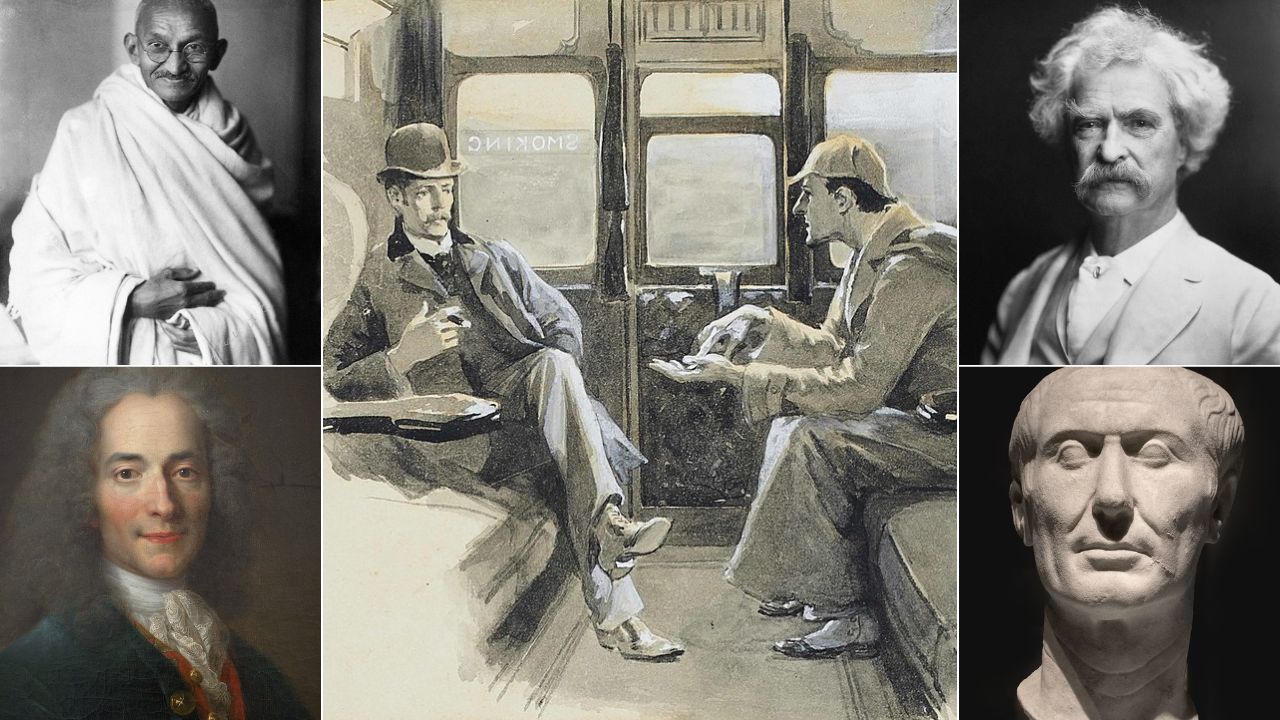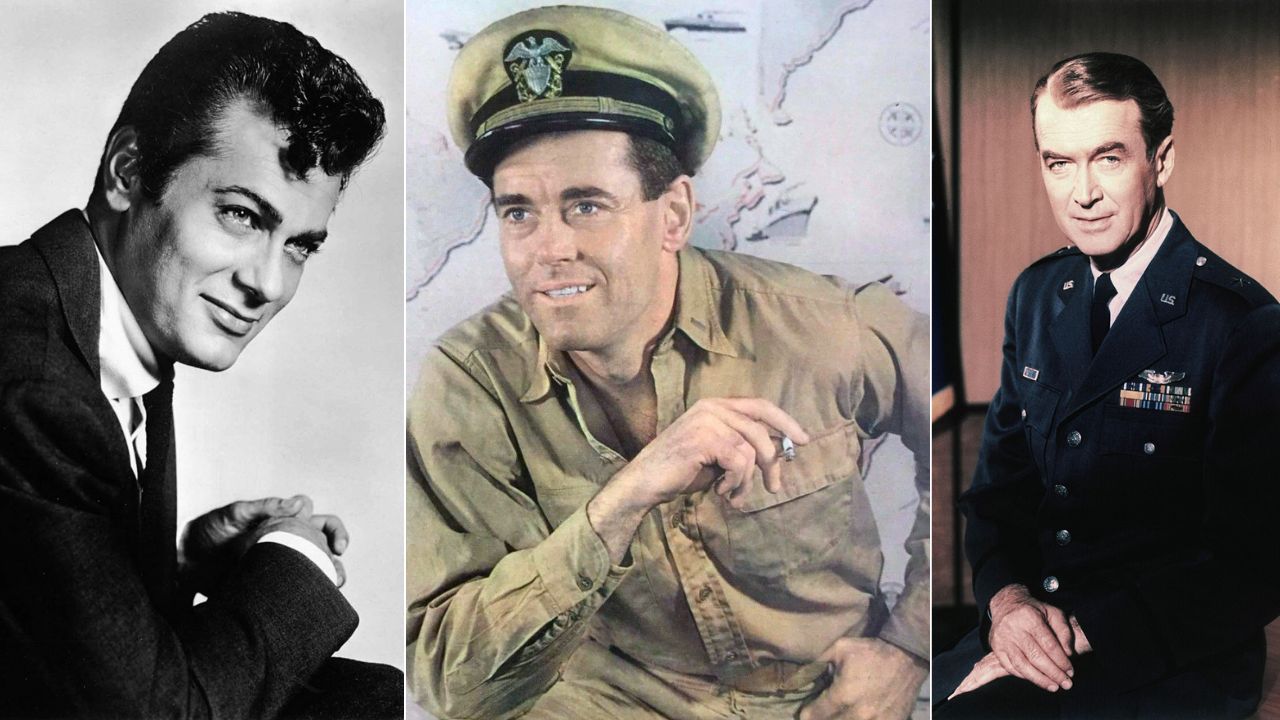Famous lines get repeated so often that we stop asking who truly said them. Many favorites were polished by films or invented by later writers, then glued to famous names in textbooks and posters. The exact words never existed as quoted, even when the spirit feels close to the truth. Below are ten lines people love to repeat that were never actually spoken in that form, plus facts you can share to stop the myths, sharpen your posts, and impress your friends.
1. Let them eat cake
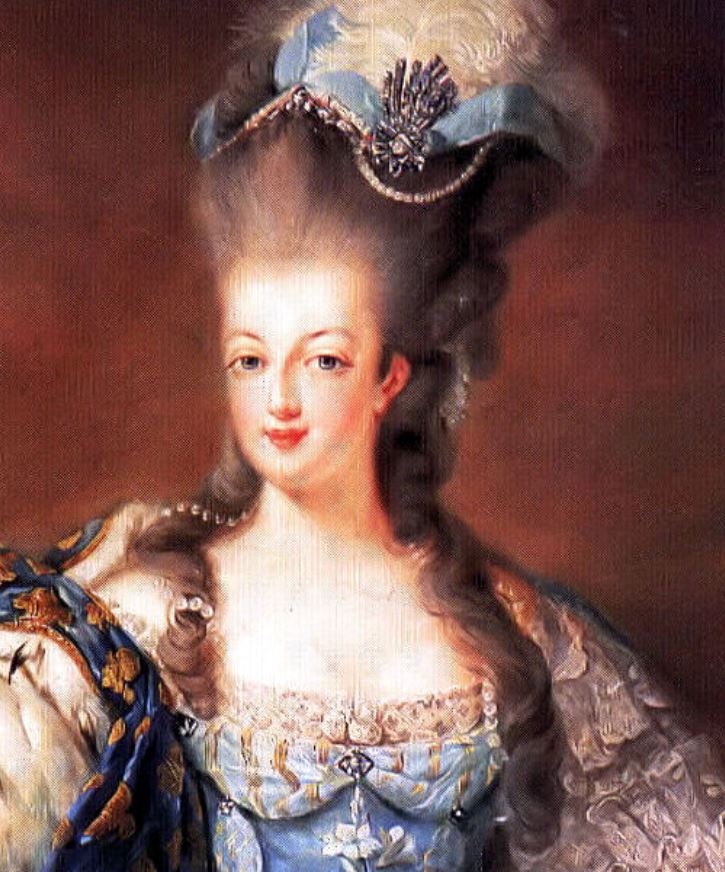
People still credit Marie Antoinette with the icy line Let them eat cake. There is no reliable evidence she said it. The words appeared earlier in a story by Jean Jacques Rousseau, written before she was queen. He described an unnamed great princess suggesting brioche during a bread shortage. Later critics stuck the line to Marie Antoinette to paint her as uncaring. It survives because it is short and shocking, not because she ever said it. Historians view it as propaganda that turned rumor into legend rather than a quote from the queen herself.
2. I disapprove of what you say

The line I disapprove of what you say, but I will defend to the death your right to say it is tied to Voltaire. Evelyn Beatrice Hall wrote it as a clear summary of his views on tolerance. She included it in a biography, not as a direct quotation. Over time, the neat sentence began to resemble Voltaire’s own words and was often featured on classroom posters. The spirit fits him, but the phrasing belongs to Hall, so crediting Voltaire is not accurate. Citing the real author keeps the history straight and honors the careful work that shaped the summary.
3. Be the change you wish to see
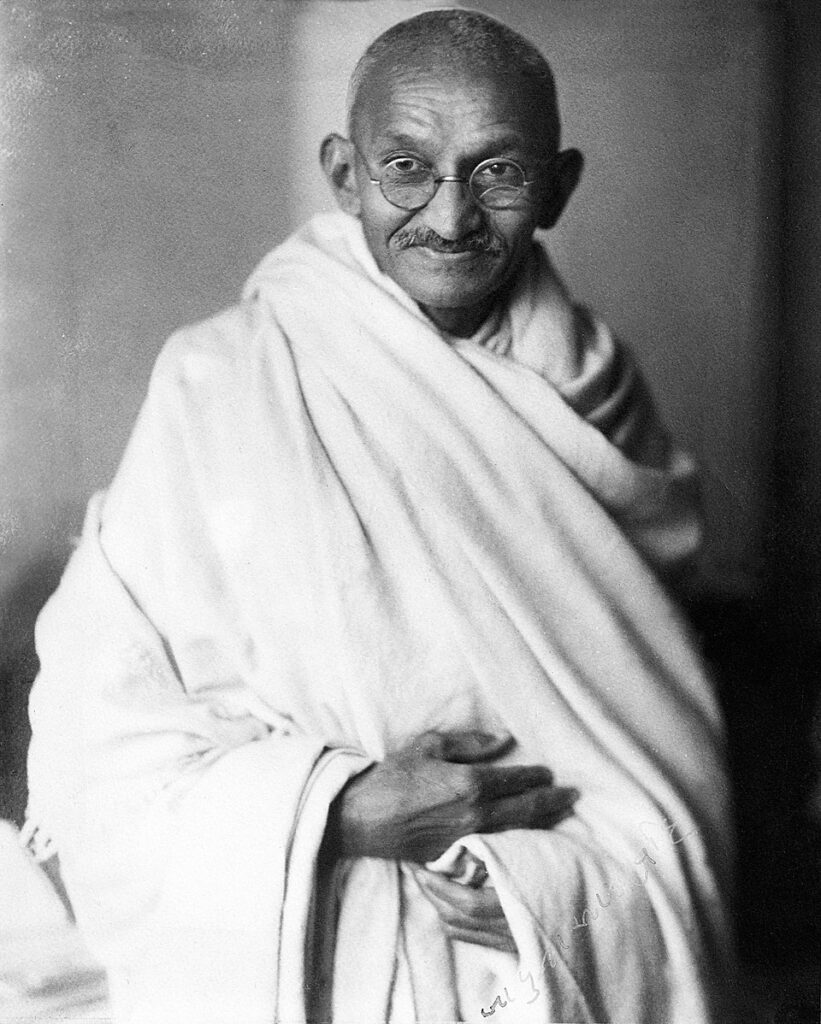
Be the change you wish to see is widely pinned on Mahatma Gandhi. Researchers find no record of that exact wording in his speeches or letters. He did teach that personal example drives social change, and his life demonstrated it powerfully. The tidy modern phrase is a later paraphrase that compresses his ideas into a slogan for posters and classrooms. It captures the spirit, yet presenting it as his precise words spreads a myth rather than a verified quote. Using it as a paraphrase with context keeps both the message and the history honest.
4. Elementary, my dear Watson
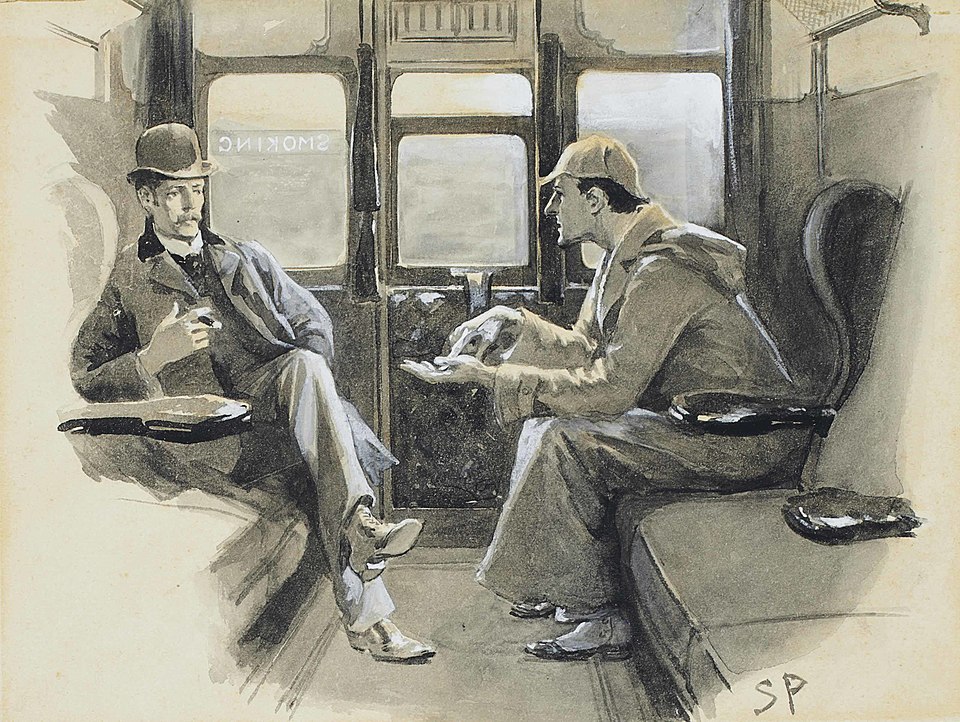
Sherlock Holmes never says Elementary, my dear Watson in the original stories by Arthur Conan Doyle. Holmes calls things elementary and often addresses Watson, but the polished phrase emerged later from stage versions and early films. Audiences loved the rhythm and repeated it until it felt authentic. By the time radio and advertising picked it up, the line had fused with the character. It is now a pop culture catchphrase, not a sentence found in the detective’s printed adventures. Rereading the stories shows how far retellings can drift from original text.
5. Luke, I am your father
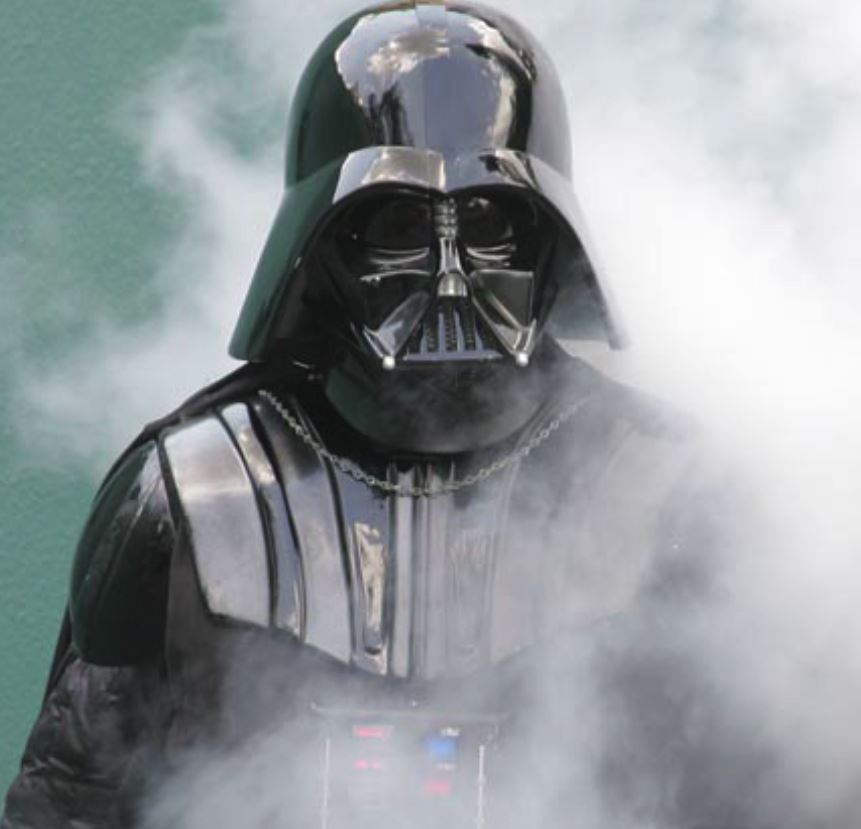
People quote Darth Vader as saying Luke, I am your father. In the film the line is actually No, I am your father. The added name makes the twist clear outside the scene, which helped impressions and jokes spread the altered version. The true wording is shorter and more shocking when heard in context. This tiny change shows how memory favors lines that work on their own, even when they differ from the source. Rewatching the scene confirms the exact phrasing and explains why the misquote became the common shorthand for the reveal.
6. Play it again, Sam
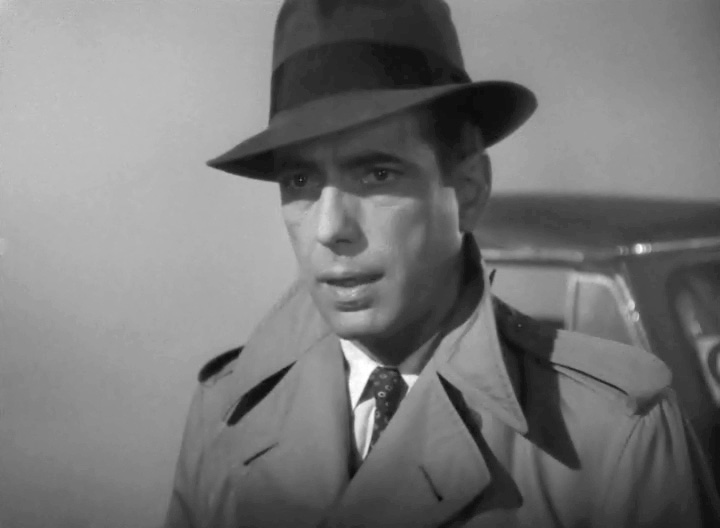
Fans of Casablanca often repeat Play it again, Sam. No character says that exact line. Ilsa asks Play it, Sam, and later Rick says You played it for her, you can play it for me. The tighter wording with again felt smoother in retellings and parodies, so it replaced the real exchange. The scene’s emotion is genuine, but the famous five word command is a cultural remix, not a verbatim quote from the script. Hearing the original lines highlights how memory edits dialogue to fit quick recall, posters, and punchy references in later media.
7. Beam me up, Scotty
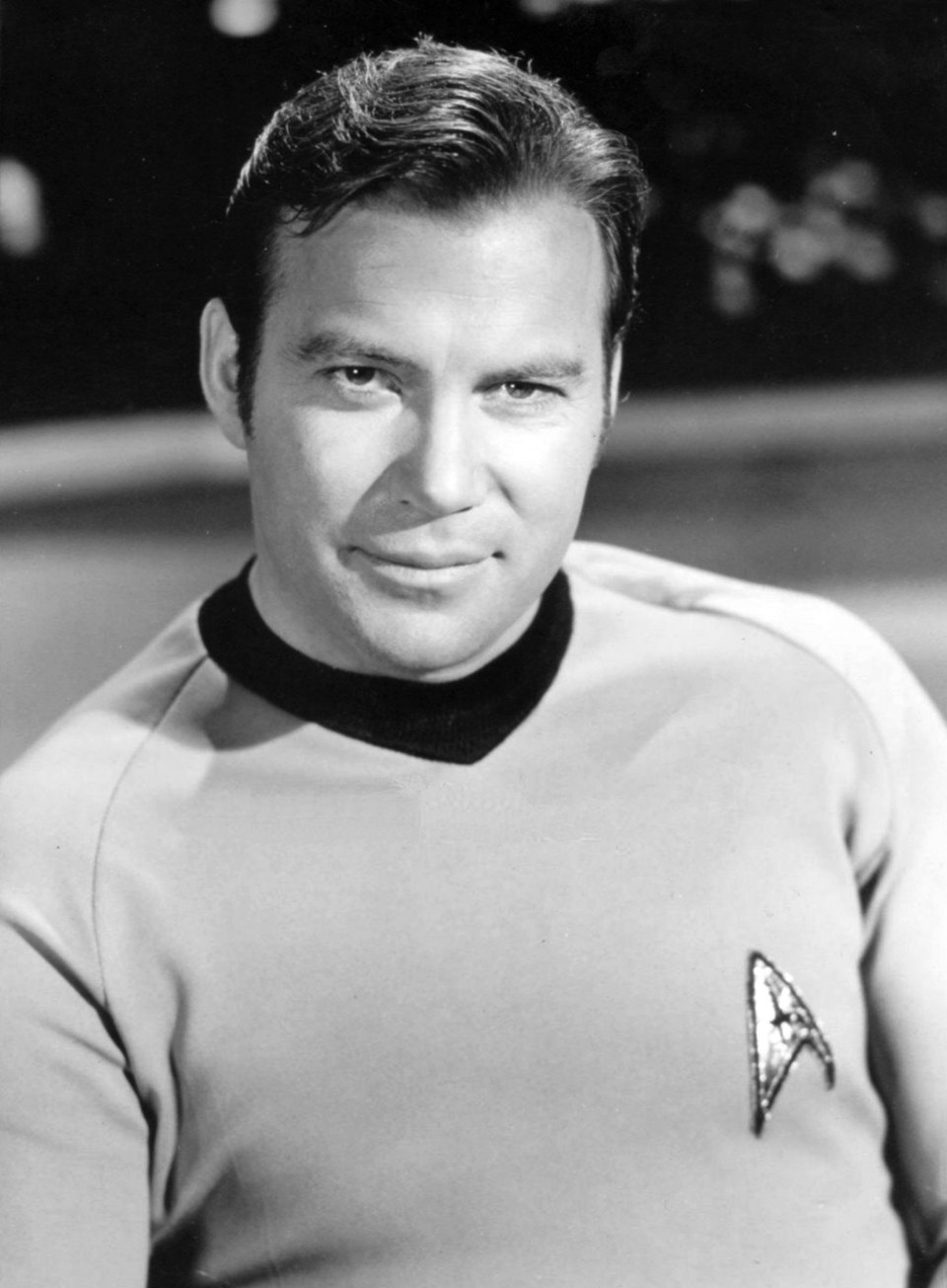
The catchphrase Beam me up, Scotty is tied to Star Trek, yet Captain Kirk never says that exact sentence in the classic series. You can find close variants like Scotty, beam me up or Beam us up. Toy makers, ads, and skits simplified the wording into a perfect escape command. The cleaner version fit on shirts and boxes and spread worldwide. It remains the best known line from transport scenes, even though the show never used those precise words. The myth shows how merchandising can rewrite dialogue in public memory.
8. The reports of my death
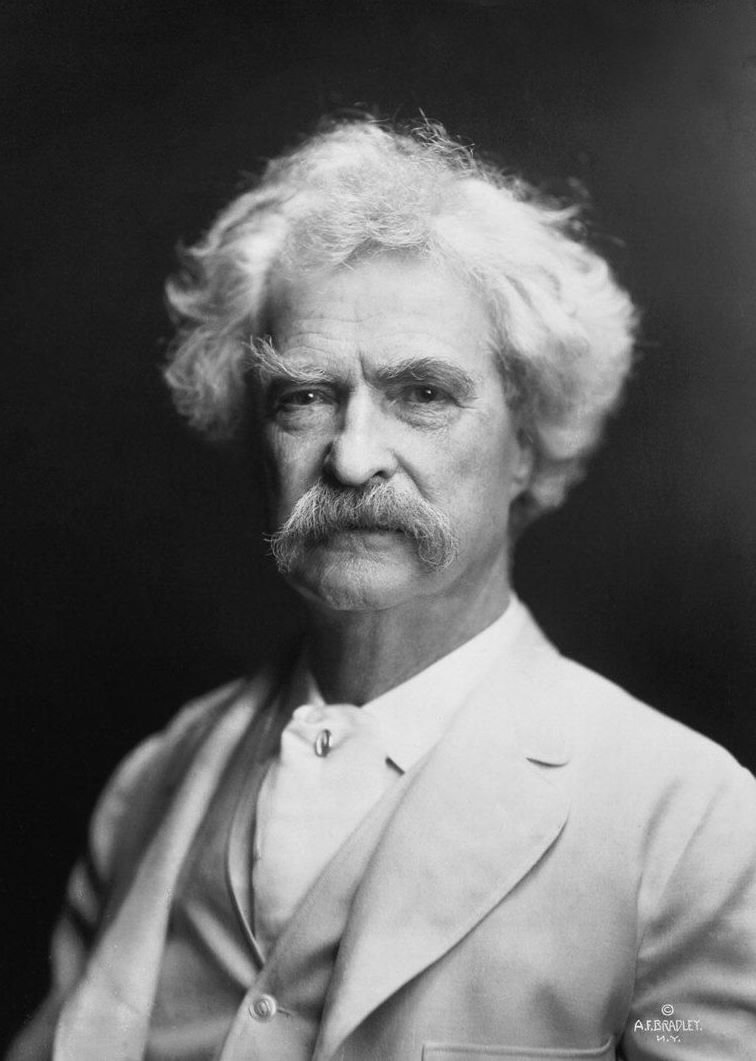
Mark Twain is credited with The reports of my death have been greatly exaggerated. His actual quip after a false story about his health was The report of my death was an exaggeration. The snappier wording with greatly exaggerated sounded better to headline writers and speakers, so it took over. The popular line is close but not exact. Quoting the real sentence honors Twain’s precise humor and shows how tiny edits can replace original phrasing. Checking primary wording keeps quotes sharp and prevents near misses from turning into accepted fact.
9. Walk softly but carry a big stick
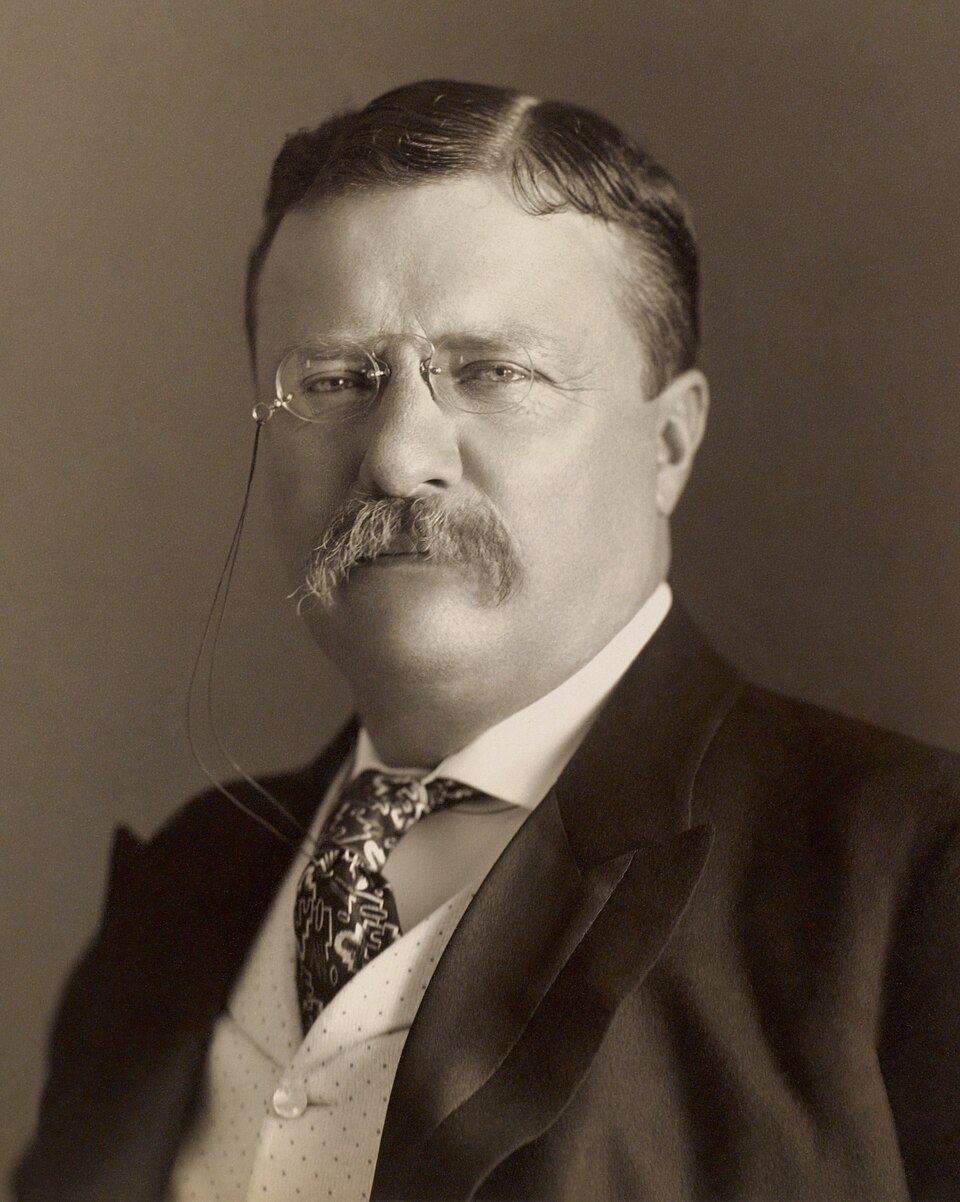
The proverb is remembered as Walk softly but carry a big stick and is credited to Theodore Roosevelt. His actual line was Speak softly and carry a big stick. You will go far. Later retellings swapped speak for walk and cut the final clause. The altered version sounds more like an old saying, which helped it spread in business talks and headlines. Quoting Roosevelt’s full wording reconnects the phrase to its original political message. It also reminds readers that brevity can hide important meaning when key words and context are dropped.
10. Et tu, Brute
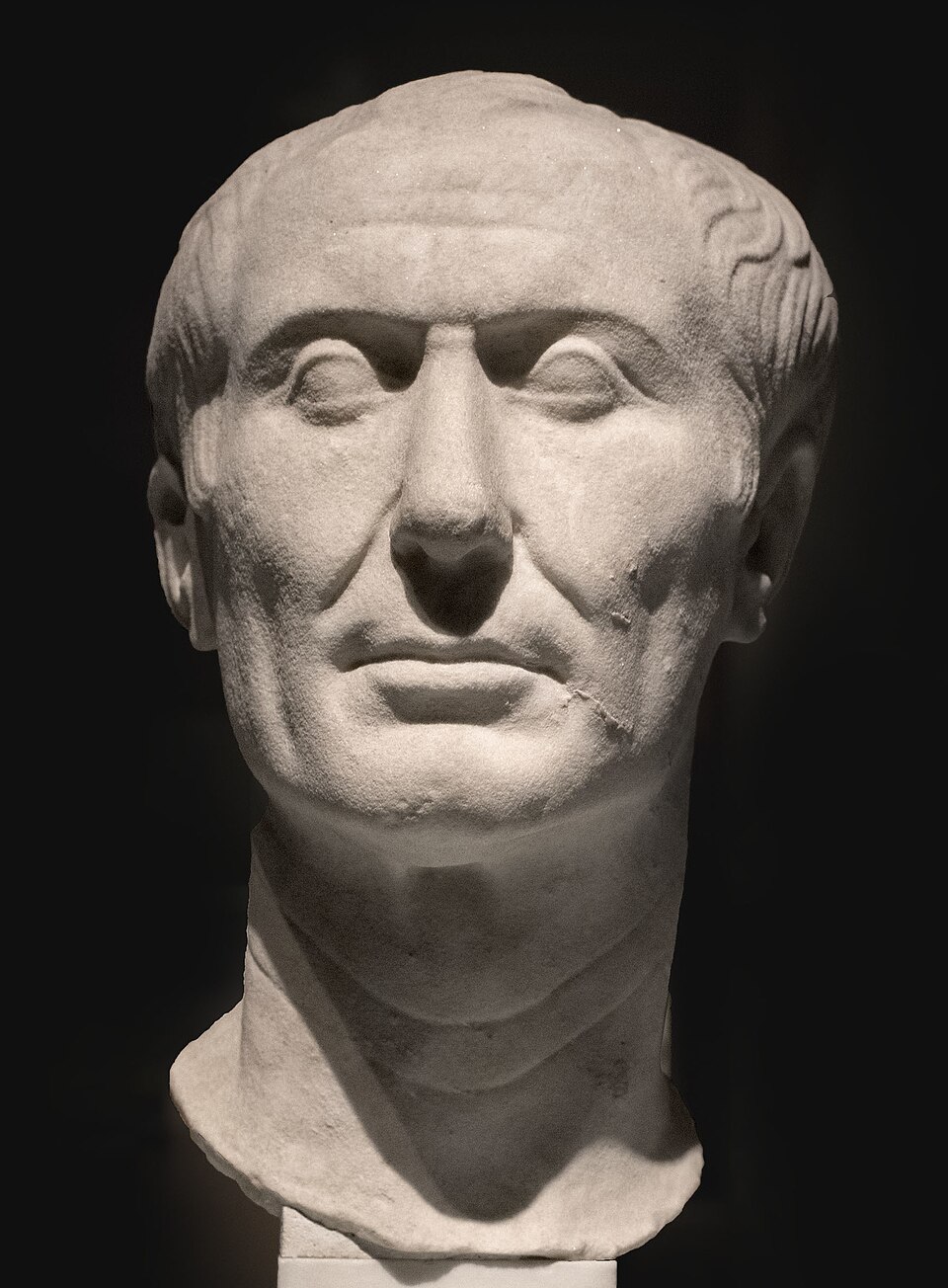
Et tu, Brute is forever linked to Julius Caesar’s final moments, yet the line comes from Shakespeare, not ancient records. Classical sources differ. Some suggest Caesar said nothing during the attack, others report a brief remark in Greek. The polished Latin makes perfect theater and captured the shock of betrayal, so readers assumed it was real. It endured in culture as if it were history, even though the evidence for those exact words is lacking. Remembering its stage origin keeps fact and drama in their places.
